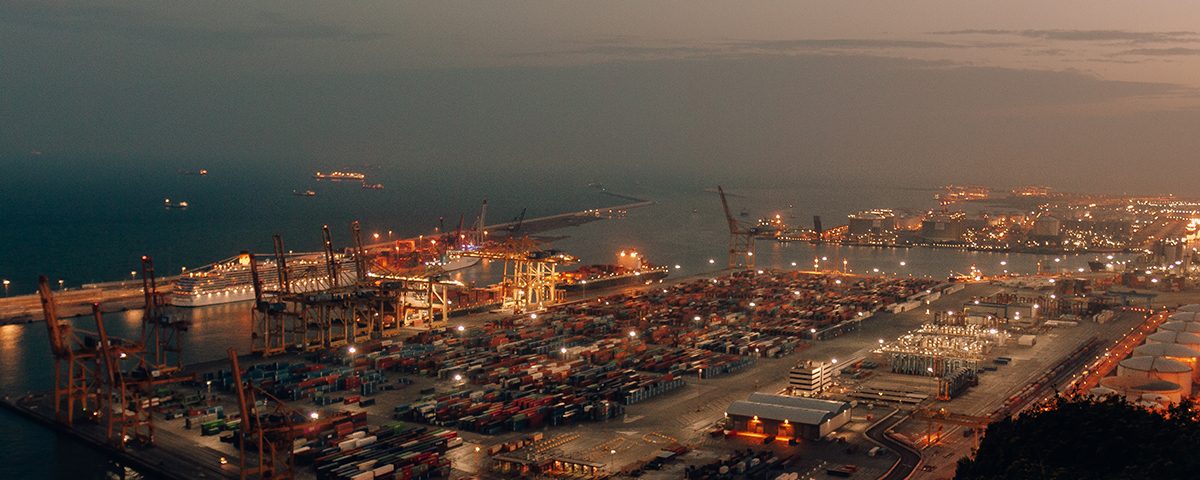Senator the Honourable Paula Gopee-Scoon piloted the Special Economic Zones (SEZ) Bill in the Senate on 30 November 2021. The Bill, which follows the 2019 Revised National SEZ Policy, seeks to create a new legislative, administrative and institutional framework upon which investors, both domestic and international, can expect enhanced transparency, predictability and security for their investments.
The main objectives of this SEZ Regime are:
- to expand the country’s revenue base;
- to increase and diversify the investments and exports in economic zones;
- to increase and enhance private sector participation in the economy through inter alia SEZ development and operations;
- to integrate SEZ enterprises with national developmental objectives to facilitate economic development across all the country; and
- to increase compliance of SEZ operations with local, regional and international standards and laws.
This action by Government represents a transformational shift in how economic spaces will be governed and developed, and will ultimately result in new, better jobs for the citizens of Trinidad and Tobago.
The SEZ Bill, 2021 provides the legislative framework for a licensing Regime for Operators, SEZ Enterprises and Single Zone Enterprises. A key requirement for investors to be part of the SEZ regime is their creation of full-time jobs within our country. There are also provisions that allow for the participation of small- and medium-sized enterprises (SMEs), so that they are part of this transformation.
The new SEZ regime will be a considerable improvement from the existing Free Zones, and includes a robust institutional framework, which includes a governing SEZ Authority, and a balanced incentive framework, that encompasses both fiscal and non-fiscal measures. Also important is the creation of specially designated zones for traditional and new sectors, such as:
- manufacturing;
- logistics and distribution;
- maritime services;
- aviation services;
- fishing and fish processing;
- agriculture and agro processing;
- information and communications technology;
- creative industries;
- financial services;
- medical tourism services; and
- renewable energy.
The new SEZ Regime also caters for the designation of distinct geographical areas throughout Trinidad and Tobago as Development Zones to attract investments with emphasis on employment, skills training and entrepreneurship.
The SEZ Regime complements and reinforces the objectives of the National Development Strategy, Vision 2030, and in particular the goal of Theme IV: Building Globally Competitive Businesses, which seek to, among other things, establish centres of excellence and technology parks, develop a new and enhanced suite of incentives, develop existing economic sectors, and support new and emerging sectors. It will also aid in Trinidad and Tobago in meeting its whole-of-government and whole-of-society approach and commitment to its implementation of the United Nations Sustainable Development Goals (SDGs).
According to the 2021 World Investment Report, “global foreign direct investment (FDI) flows fell by 35 per cent in 2020, reaching $1 trillion, from $1.5 trillion in 2019. This is the lowest level since 2005 and almost 20 percent lower than the 2009 trough after the global financial crisis”. The SEZ legislation is therefore an important and necessary step to reverse this trend and help create an economic environment that is progressive and able to compete on the global stage.






